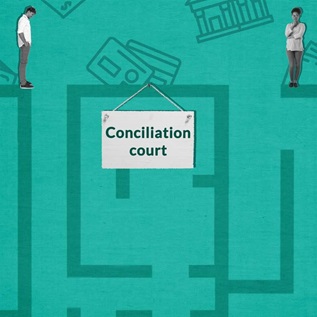A New Equilibrium: After Passage of Landmark Credit Card Reform, Interest Rates and Fees Have Stabilized
Credit card holders are seeing stabilized interest rates, the elimination of overlimit penalty charges, a reduction in late fees charged by banks and minimal changes in annual fees since the Credit CARD Act of 2009 took effect. The study, A New Equilibrium: After Passage of Landmark Credit Card Reform, Interest Rates and Fees Have Stabilized, is the latest in a series of reports from the Pew Safe Credit Cards Project that has examined all consumer credit cards offered online by the nation's 12 largest banks and 12 largest credit union issuers. Together, these institutions control more than 90 percent of the nation's outstanding credit card debt. For this latest report, which measures how the industry has changed since the passage of the Credit CARD Act, Pew collected data in March 2010 and January 2011.
Pew's findings, explained in greater detail within the report, are as follows:
- Interest rates have stabilized. Median advertised interest rates for purchases on bank-issued credit cards held steady at 12.99 to 20.99 percent. Likewise, bank cash advance and penalty interest rates remained unchanged from 2010 to 2011. During that same period, median credit union purchase rates slightly increased and cash advance rates declined.
- Penalties cost less. Since the enactment of the legislation, overlimit penalty fees have all but vanished. Only 11 percent of bank credit cards now include them, while the largest credit unions have eliminated them entirely. Pew's research finds that late fees continue to be widespread. However, the cost of fees has gone down now that the law limits first-time late fees to $25 in most cases.
- Annual fees have changed little. Last year, roughly 14 percent of both bank and credit union cards carried annual fees; in 2011, that number held steady for credit union-issued cards and rose to 21 percent for bank-issued cards. The amount charged for annual fees remained at a median of $59 for banks and $25 for credit unions. Forty percent of cards with annual fees included no-fee promotions for the first year.
- Overlimit penalty fees have become increasingly rare. Only 11 percent of bank credit cards now carry them (down from 23 percent in 2010 and more than 80 percent in 2009), while the largest credit unions have eliminated overlimit fees completely. Late fees continued to be included on more than 95 percent of all credit card products.
Click here to see charts that show median advertised interest rates on consumer credit cards from the largest bank and credit union issuers.
Pew is no longer active in this line of work, but for more information visit the Safe Credit Cards Project on PewHealth.org.











